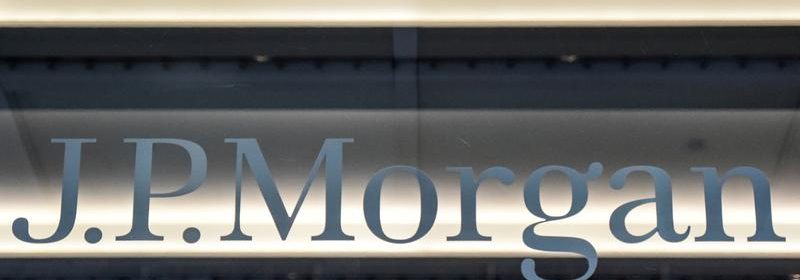JPMorgan pledges $350 million to minority owned businesses

(This Feb 24 story corrects second paragraph to state the Entrepreneurs of Color fund is expanding to new cities)
NEW YORK (Reuters) – JPMorgan Chase & Co pledged another $350 million on Thursday to help grow Black, Latinx and women-owned businesses, part of a broader effort at the bank to help close the U.S. racial wealth gap.
Part of the money, $42.5 million, will go to the Entrepreneurs of Color fund, which provides funds to community development financial institutions (CDFIs) for low-interest loans to underserved small businesses. The fund originally partnered with CDFIs in Washington, Detroit and three other cities, and it will use the new money to partner with CDFIs in more locations.
JPMorgan grew its investment into these communities last year as big corporations were forced to respond to growing anger over systemic racism in the United States after the murder of George Floyd by police in Minneapolis. In October, JPMorgan said it would give $30 billion over five years to address racial inequality in the United States. reut.rs/2ZNfM6K
The $42.5 million commitment to the Entrepreneurs of Color fund is one of the largest contributions, and is more than the total amount of low-interest loans the fund has made in Detroit in the past 5 years.
Ted Archer, executive director and head of small business and philanthropy at JPMorgan, said JPMorgan is committed to lending more to Black and minority-owned businesses. This money will help strengthen CDFIs so they also can lend to more business owners in their communities, he said.
“We have an important role to play as a lender, but there’s more to the financial system than we can provide,” Archer said. “We’re going to do our part, but that’s not enough to … close the disparity and create jobs, income and wealth in these communities.”
The full $350 million commitment will be distributed over 5 years in the form of low-interest loans, equity investments and philanthropic investments in diverse-led nonprofits in the United States and abroad.
Source: Read Full Article
